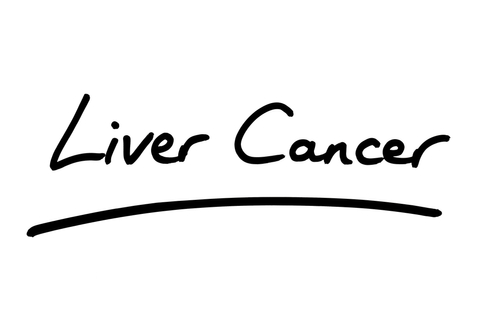
Atezolizumab plus bevacizumab was found to improve recurrence-free survival (RFS) in patients with resected or ablated high-risk hepatocellular carcinoma when compared with active surveillance, according to results from a randomized trial. These findings were published in The Lancet.
“No adjuvant treatment has been established for patients who remain at high risk for hepatocellular carcinoma recurrence after curative-intent resection or ablation,” wrote the study authors. The global, open-label, phase 3 IMbrave050 study evaluated adjuvant atezolizumab plus bevacizumab in patients with high-risk liver cancer following resection or ablation.
Patients from 134 hospitals and medical centers in 26 countries were recruited, and 334 patients each were randomly assigned to the adjuvant treatment group or the active surveillance group. Assignment took place between December 31, 2019, and November 25, 2021, with a prespecified interim analysis cutoff date of October 21, 2022. The adjuvant treatment group received atezolizumab 1200 mg plus bevacizumab 15 mg/kg every 3 weeks for 17 cycles. The primary end point was RFS. At the interim analysis date, the median duration of follow-up was 17.4 months (interquartile range, 13.9-22.1 months).
The authors reported significantly improved RFS in the atezolizumab plus bevacizumab treatment group compared with the active surveillance group. The median RFS was not evaluable (NE) in either treatment arm at interim follow-up, but the 95% CI in the adjuvant treatment group was 22.1 to NE, compared with 21.4 to NE in the surveillance group. The hazard ratio for RFS in the adjuvant treatment group was 0.72 (adjusted 95% CI, 0.53-0.98; P=.012).
Regarding safety outcomes, grade 3 or 4 adverse events (AEs) occurred in 136 of 332 patients (41%) in the atezolizumab plus bevacizumab group and in 44 of 330 patients (13%) in the active surveillance group. Six patients (2%) in the adjuvant treatment arm had grade 5 AEs, including 2 patients with treatment-related grade 5 events. One patient (<1%) in the active surveillance arm experienced a grade 5 AE. Twenty-nine patients (9%) in the atezolizumab plus bevacizumab group discontinued treatment with both medications due to AEs.
“To our knowledge, IMbrave050 is the first phase 3 study of adjuvant treatment for hepatocellular carcinoma to report positive results,” the authors concluded. “However, longer follow-up for both recurrence-free and overall survival is needed to assess the benefit-risk profile more fully.”

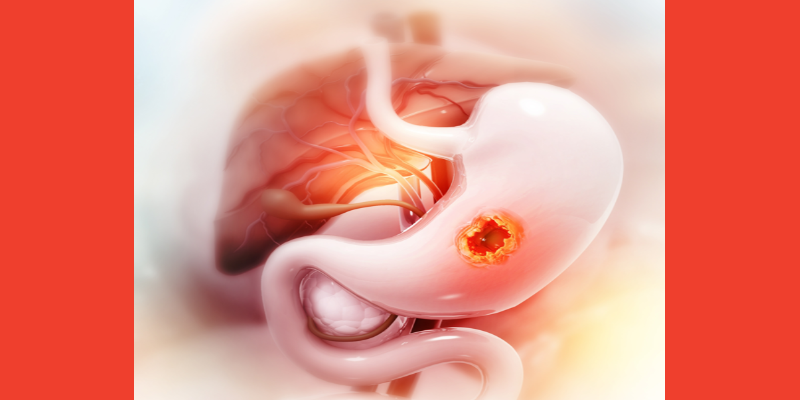
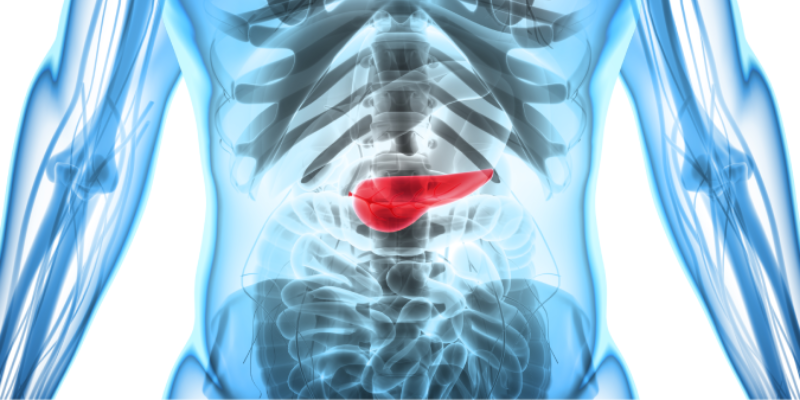

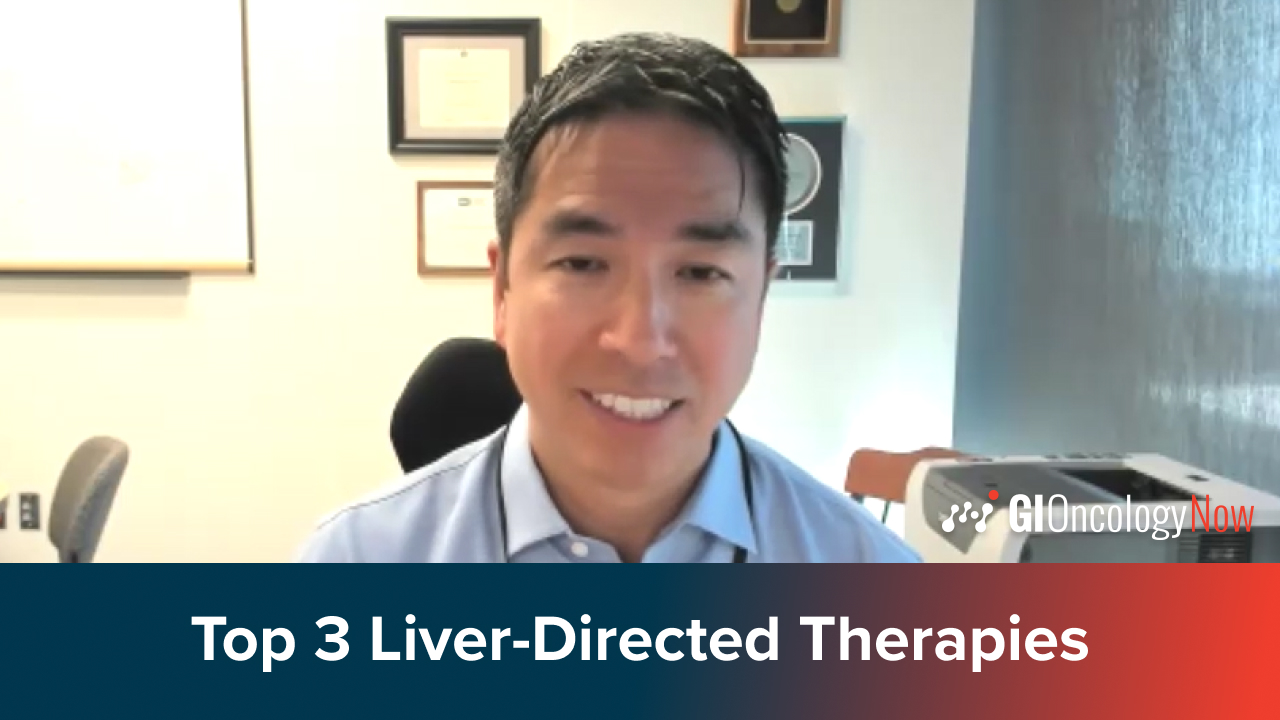
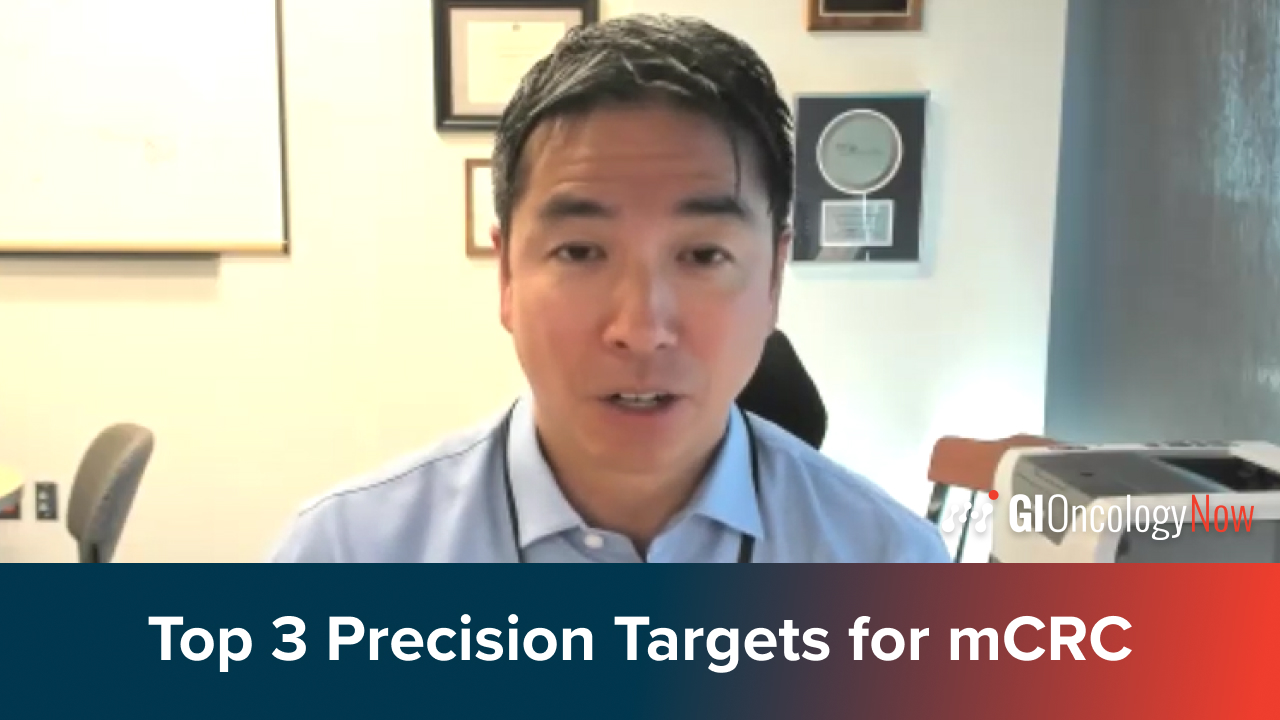

 © 2025 Mashup Media, LLC, a Formedics Property. All Rights Reserved.
© 2025 Mashup Media, LLC, a Formedics Property. All Rights Reserved.